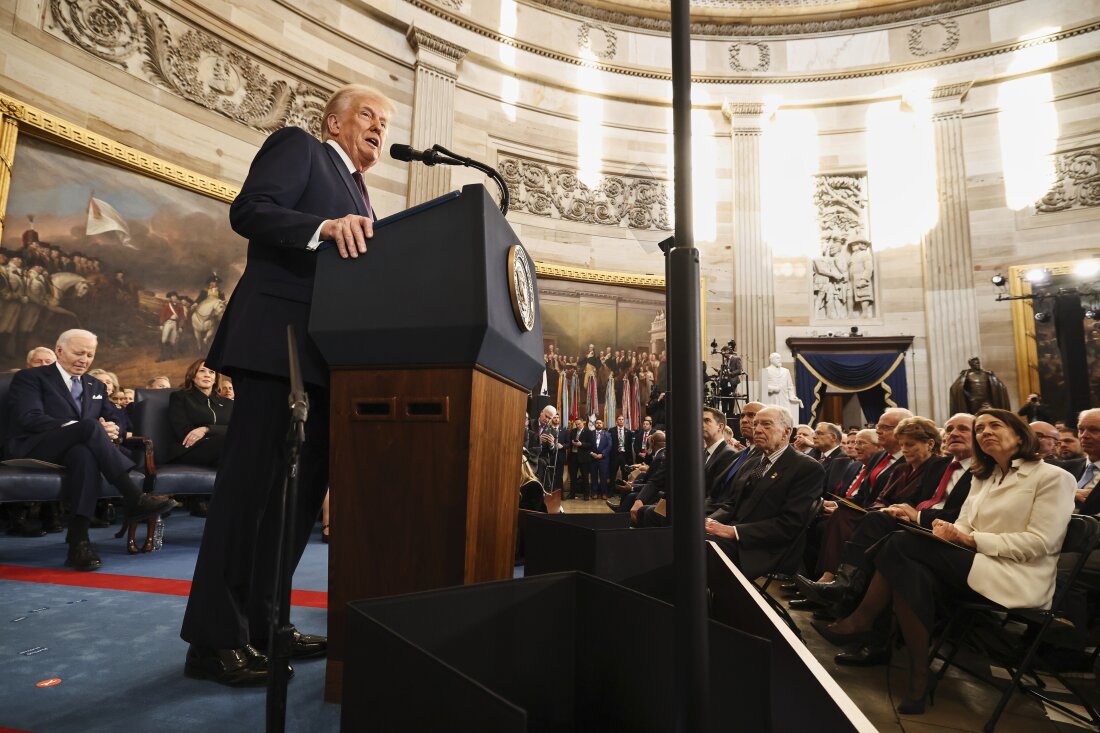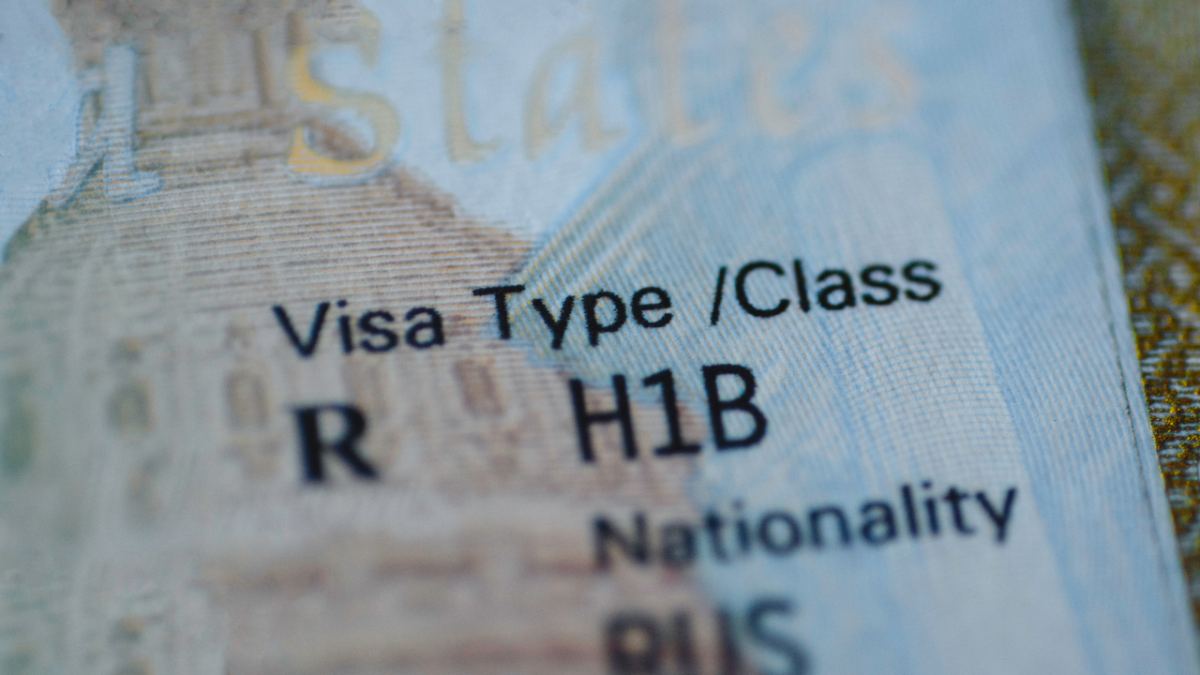The U.S. already has a de facto national identification system (national ID) — the social security number (SSN). The driver’s license is also commonly used as an ID for background checking to rent a home, board a plane, or buy alcohol. Therefore, the U.S. should stop denying the national ID based on grounds of maintaining the privacy offered by not having IDs, because we’ve never had that sort of privacy — we’ve always had IDs, and we need IDs for our society to function.
There are already so many IDs in your life that it is impossible not to have IDs. Besides the SSN and driver’s license, there’s also your student ID that you need to get into your dorms, register for events, and take exams. There’s also your email, “anonymous” Discord accounts, credit cards, and customer IDs online retail companies assign to you that you might not even know you have, like perhaps your waste management company. Your fingerprints and DNA can become IDs, or perhaps already have, who knows? My point is that we’re not going to be any more secure not having a national ID or any less secure having one since our information is already everywhere, so with all the benefits of a national ID, we might as well have one.
A national ID is a serious matter. One reason why the U.S. should have an official national ID is so that this ID will be treated fittingly as an ID, and so that ID holders will be reminded of its true function, instead of the misleading “social security number” and “driver’s license” of the two current de facto national IDs. An official national ID would also remove the ambiguity of two de facto IDs.
But other factors necessitate an official national ID that is more than just a rebranded SSN.
The advantage of a national ID is that it can simplify government procedures, which can not only offset the cost of creating and maintaining a new system, but save tax dollars in the long run. Think of the DMV and the hassle it takes to get a driver’s license. Or think of the many different IDs the U.S. government currently deals with: green card, work permit, visa, etc. A single person may hold multiple IDs at once or move from ID to ID, such as changing their driver’s license when they move to another state or not having to use their green card anymore after naturalization. This causes redundancy and mental exhaustion, costing time and money.
Instead, a national ID can be universally issued to every single person who has been in the country, whether natural born, immigrant, or just visiting. The ID can then have modular features based on that person’s status such as visiting non-citizen, resident, or citizen. This way, when a person becomes naturalized, they only need to get this particular field updated instead of doing the paperwork for an entirely new ID. Similarly, when someone moves to another state, they won’t have to switch to that state’s license. The national ID can also function as a passport, making it accessible to all rightly eligible citizens, in contrast to the current system with fees and lengthy applications that strip socioeconomically disadvantaged citizens of their basic liberty to travel and seek better opportunities and happiness.
Another advantage of a national ID system is to make sure voting is accurate and fair. I think it can also increase voter turnout. If everyone has a national ID, then there would be no shame in asking for it, and there on the ID would clearly state the person’s eligibility to vote and also have a digital punch-card feature that can be verified with records on the government’s database.
A National ID system can help the homeless and those in poverty. Why do people become homeless? Or even better, why did this particular person become homeless? Knowing specific info about someone can allow for personalized assistance. However, the current problem is tracking these people. Homeless people without IDs are hard to track and thus hard to help, and the complicated system in the U.S. prevents them from obtaining IDs. According to the Homeless Advocacy Project: “For many people, a first step in overcoming homelessness is obtaining identification.” The simplicity of the national ID can ensure that everyone has an ID, paving the way for equitable access to help.
A national ID is powerful. This does not mean that a national ID is inherently bad. The argument of many that follows along the line of “being tracked is inherently bad” or “national IDs are like a dog tag which is inherently bad” are logical fallacies. For example, authorized paramedics may use a national ID to quickly learn of any underlying medical conditions, potentially making a life or death difference in an emergency situation.
In the end, having national IDs is a choice. Because the U.S. already has a de facto one, we might as well have an official one. That said, the majority of countries in the world already have an official national ID, many established in the 2010’s. In the digital age, nothing is private anymore, and other countries are taking advantage of the benefits of national IDs, which may well offset the drawbacks. The U.S. can’t afford to fall behind the times.
Image courtesy of Unsplash.




















Rick • Oct 4, 2022 at 4:56 am
“A national ID is powerful. This does not mean that a national ID is inherently bad. The argument of many that follows along the line of “being tracked is inherently bad” or “national IDs are like a dog tag which is inherently bad” are logical fallacies. For example, authorized paramedics may use a national ID to quickly learn of any underlying medical conditions, potentially making a life or death difference in an emergency situation.”
Paramedics’ use of a national ID does not show privacy concerns of a national ID to be “logical fallacies.” In fact, the author’s own logical fallacy is that the paramedics example is a complete nonsequitur.